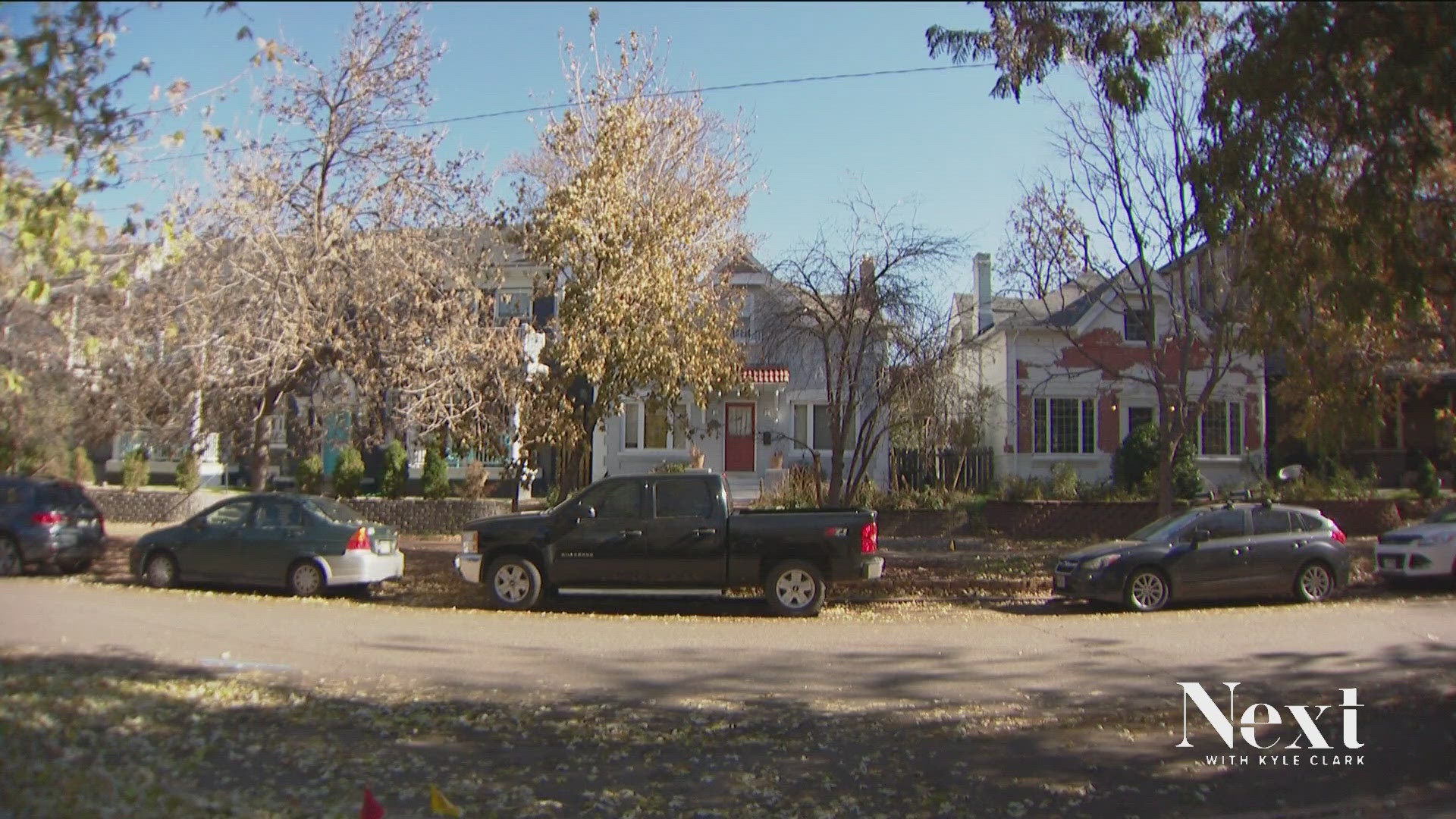DENVER — The commission that is supposed to come up with a bill to provide long term property tax relief argued Friday over the bill to provide long-term property tax relief.
That bill, which is not yet introduced, was supposed to be inspired by the 19-member Property Tax Commission.
Several commission members were less than inspired in the group’s final meeting before the end of the legislative session.
“I do want to, again, emphasize this is a draft of a bill for our discussion today,” State Sen. Chris Hansen, D-Denver, commission chair, said to start Friday’s meeting.
Hansen has a draft bill that has not been introduced that would make several changes to property tax policy in Colorado.
And the commission that was the inspiration for that draft bill already wants changes.
It was unclear, by the end of Friday’s meeting, if the legislation would include what the majority of commission members preferred, or if it could pass the legislature with what they do prefer.
“These ideas were not vetted for unintended consequences, and I think we need to be a little bit more thoughtful when we’re talking about tax policy,” commission member Guyleen Castriotta, Broomfield’s mayor, said.
If the state simply offered the same relief next year that they did this year, local governments would miss out on $1.1 billion that they otherwise would receive, according to economists with legislative council staff. Local property tax funding for K-12 would be short $380 million, meaning the state would have to cover that backfill.
“If we decide legislatively with a backfill mechanism that partially or fully relies on reserves, OK how much do you eat into reserves?” Hansen said.
“How do we stop having to come back every single year with some band-aid approach that then says the state has to use reserves or TABOR reserves to backfill,” commission member Ann Terry, Special District Association of Colorado CEO, said.
“Whatever relief we extend into 2024, we would need to have some type of mechanism for backfill, otherwise there would be a reduction for all the school districts,” Hansen said.
The proposal that the majority of commission members would like to see would include a tax-free reduction of value for residential and commercial property values, with the assessment rate increasing a bit from where it currently stands.
Under the idea, residential property owners would deduct $55,000 tax-free from their home’s value, but the assessment rate used to calculate the final property tax numbers would go to 7.06% from 6.7%.
For commercial property owners, the tax-free deduction would be $30,000, with the assessment rate climbing to 29% from 27.9%, though the commission was clear that they want the commercial assessment rate to gradually decrease over time.
“If there’s something we can do to be calming for 2024 and build on new ideas for 2025, I highly recommend it,” commission member Joann Groff, state property tax administrator, said.
The problem with not coming up with a catchall solution is that there are several ballot issues that voters may see that could provide property tax relief.
There is one measure that is already on the November 2024 ballot that would cap property tax increases for each local district at 4%.
One of the ideas supported by the majority of commission members by the end of Friday’s meeting would be to create a 6% cap for local districts, but excluding school districts. That would remove the need for state backfills since a district would be capped at year-to-year property tax revenue increases.
The legislative session ends on May 8, and the bill has yet to be introduced.
If no agreement is reached by the end of the session, it could be likely that a special session would be called again for property tax relief.
SUGGESTED VIDEOS: Full Episodes of Next with Kyle Clark

